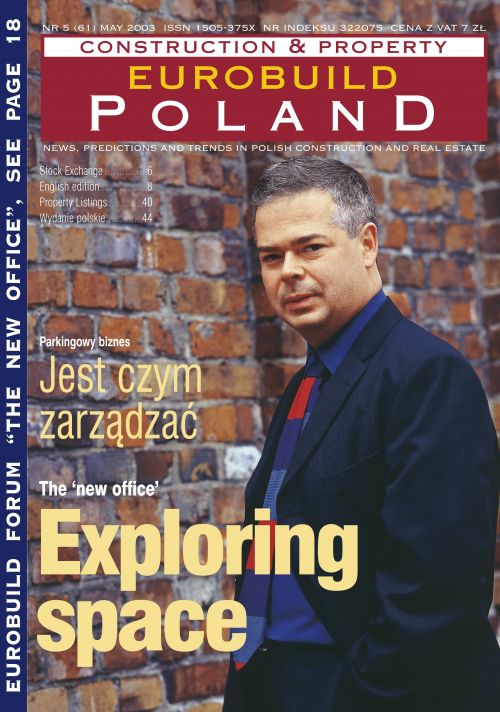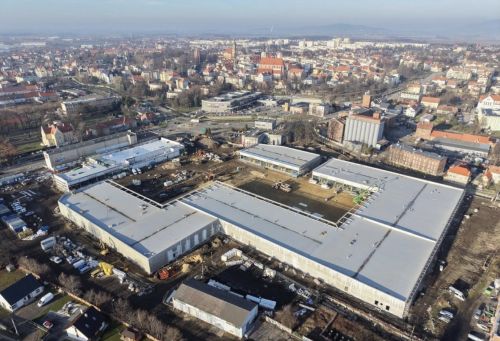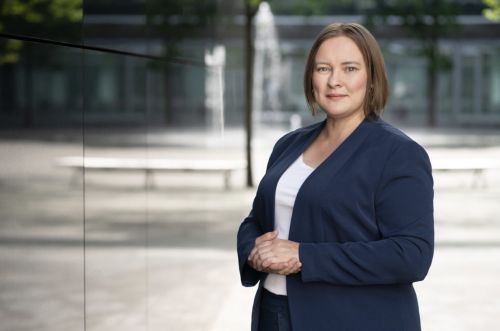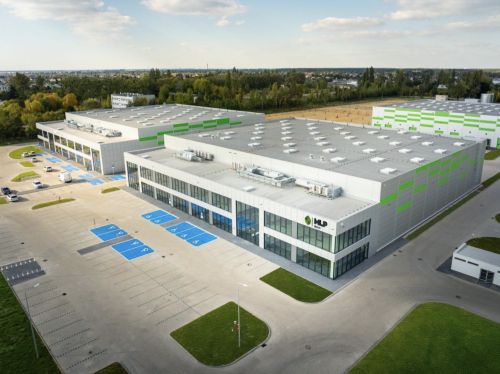The retail investment market is unique here in Poland because
it is not simply concentrated in Warsaw.
If one follows the moves of major funds, one finds attractive investment
products in other cities, which soon become involved in deals
The American GE Real Estate/Heitman, the Danish FORAS Holding,
the German DB Real Estate and the Dutch Rodamco are major players on the Polish
retail investment market. Having entered it several years ago they've had access
to a wider range of products and can freely pick and choose among retail centres
and shopping and hypermarket complexes. However, though 22 properties have
already been sold, either partly or entirely, the real boom is still yet to come.
"Investors who have already invested on the Polish market," says Loic
de Villard of Cushman & Wakefield Healey & Baker "will move towards
investments such as retail or sale and lease back in order to diversify, or
because they are looking for bigger lot size investments. We will witne




























































